Top NGOs in Jaipur
Non-Governmental Organizations in Jaipur
Jaipur is the capital city of Rajasthan which means the land of the Kings. As the name suggests the land was ruled by some of the most powerful kingdoms in the Indian History. The kings are not known to give a prosperous rule to their subjects but also help those who seek. This legacy of helping people is continuing even today among the residents of this beautiful city
The royals in the city over the years have not only contributed heavily for good causes but have been pioneers in driving many NGOs and other initiatives. When the royals took it on themselves to solve the crisis, the others too followed suit and set up many NGOs in the City. Thus the city became house to many NGOs from across the country
Top Non Profit Organizations in Jaipur
1. Foundation for Education and Development
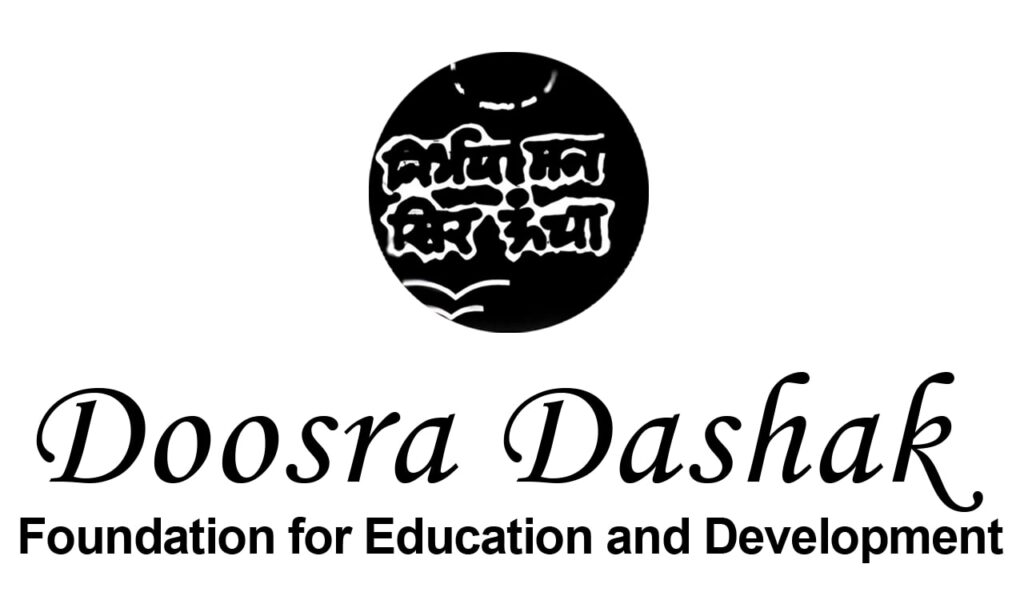
The Foundation for Education and Development (FED) is a non-profit organisation that promotes education and development in underprivileged communities in India. It was founded in 2000 and has since worked tirelessly to provide access to quality education to those who need it most.
FED believes that education is the key to breaking the cycle of poverty, and therefore, it strives to provide education to children and adults alike, regardless of their socio-economic status. They have several initiatives that are aimed at achieving this goal.
One of the major initiatives of FED is the School Support Program, which provides support to government schools in rural and urban areas. FED works with the school authorities to improve the infrastructure, provide teaching and learning aids, and facilitate teacher training programs. This program has helped to improve the quality of education in these schools and has had a positive impact on the lives of the children.
FED also runs a number of vocational training programs for youth and women, which are aimed at enhancing their skills and providing them with employment opportunities. They work with local partners to provide training in areas such as tailoring, embroidery, and handicrafts, among others. These programs have helped to improve the income and livelihoods of many families in the communities where the FED operates.
- Type of NGO : Trust (Non-Government)
- Date of Registration: N/A
- Issues Addressed: Education and Women Empowerment
- FCRA Number: 125560154
- Address: C-113, Shivagi Marg, Tilak Nagar, Jaipur, 302-004
- Phone Number: 0141-2624820 / 0141-4002250 / 0141-2620127
- Website: doosradashak.in
- Email: ddashak@gmail.com
2.Tushita Foundation India
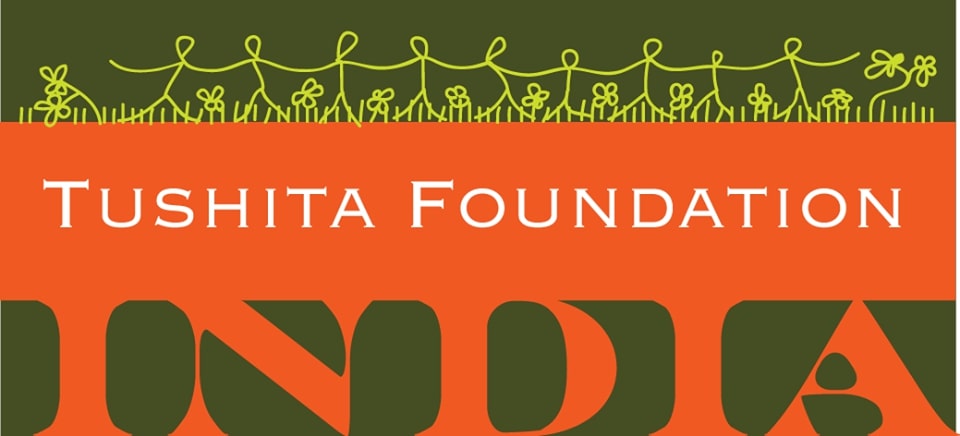
Tushita Foundation India is a non-profit organisation that aims to promote the welfare of children, women, and marginalised communities in India. The foundation works towards creating a better future for these groups by providing access to education, healthcare, and livelihood opportunities.
Tushita Foundation India believes in the power of education and strives to provide quality education to children from underprivileged backgrounds. The foundation runs several educational programs that include preschool, after-school support, and vocational training for older children. Through these programs, the foundation aims to create a level playing field for all children, regardless of their socio-economic background.
Apart from education, Tushita Foundation India also focuses on the health and well-being of women and children. The foundation runs healthcare programs that aim to provide access to basic healthcare services, nutrition, and sanitation to women and children in remote and underprivileged areas. These programs are implemented in collaboration with local healthcare providers and aim to promote good health practices and hygiene.
Tushita Foundation India also focuses on creating awareness about social issues and works towards building a more inclusive and tolerant society. The foundation runs several awareness campaigns that aim to sensitise people about issues such as gender equality, child rights, and environmental sustainability.
- Type of NGO: Trust (Non-Government)
- Date of Registration: N/A
- Issues Addressed: Children and Education
- FCRA Number: N/A
- Address: Ward No. 9/53, Rajawaton ka Chowk, Near St. Play Academy, Amber, Jaipur, Rajasthan, India, 302028
- Phone Number: +911412530001
- Website: tushitafoundationindia.org
- Email: ankita@tushitafoundationindia.org
3. Centre For Development Communications
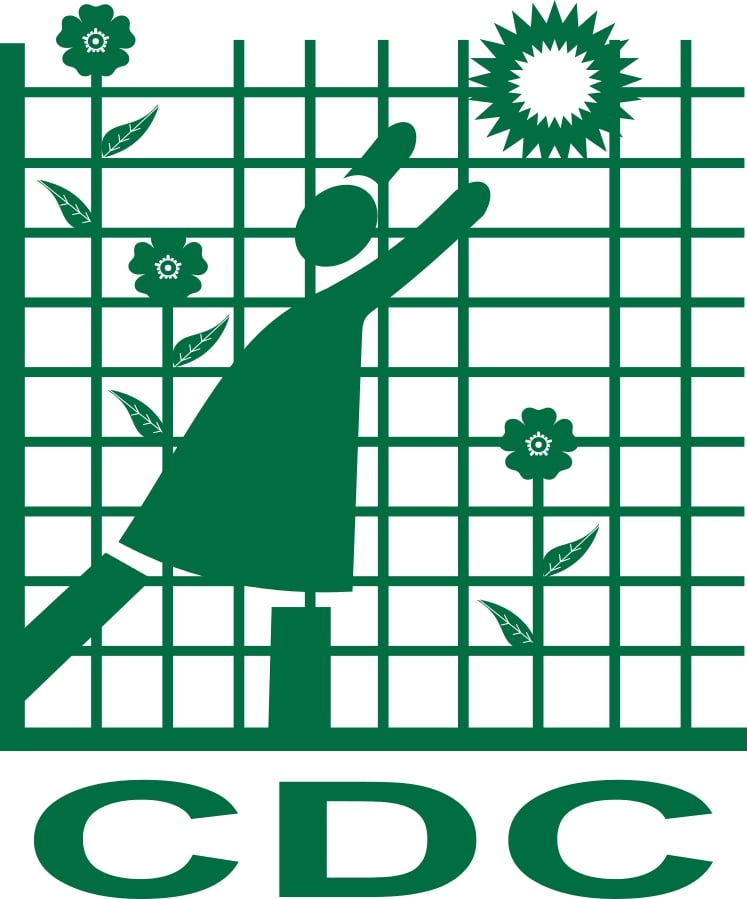
The Centre for Development Communications (CDC) is a non-profit organisation based in Ahmedabad, India that works towards promoting social development through communication. It was founded in 1995 by professionals and activists who believed communication could be a powerful tool for change.
The CDC creates and disseminates information and knowledge to help people make informed life decisions. They work with marginalised communities to help them express their views and concerns and promote their rights and interests. It uses various communication tools, including print and electronic media, community radio, video, and theatre.
One of the CDC’s most successful initiatives has been the community radio program, which is broadcast in the local language and covers health, education, and development issues. The radio program has proven to be an effective way of reaching out to remote and underprivileged communities often ignored by mainstream media.
The CDC also conducts training programs and workshops for journalists, community workers, and other stakeholders in the field of communication for development. They have a team of experienced trainers and communication experts who help participants learn how to effectively use communication tools and techniques to bring about social change.
- Type of NGO: Trust (Non-Government)
- Date of Registration: N/A
- Issues Addressed: Biotechnology
- FCRA Number: N/A
- Address: 16, Shri Gopal Nagar, Gopalpura Bypass, Behind Mahesh Nagar Police Station, Jaipur 302015 INDIA
- Phone Number: 0141 250 4604
- Website: cdcindia.org
- Email: info@cdcindia.org
4. Consumer Unity And Trust Society
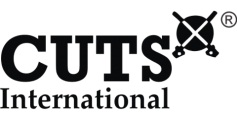
Consumer Unity and Trust Society (CUTS) is a non-governmental organisation that works towards promoting consumer welfare and protection, as well as economic and social development, through research, advocacy, and networking. It was founded in Jaipur, India, in 1990 and has since expanded its reach to several other countries.
The primary goal of CUTS is to empower consumers by enhancing their knowledge and awareness of their rights and by promoting policies and regulations that protect their interests. It works with a wide range of stakeholders, including governments, businesses, civil society s, and international bodies, to achieve its objectives.
CUTS conducts research on a variety of issues related to consumer protection and economic development, including competition policy, trade, and investment. It also advocates for policies and regulations that are in the best interest of consumers and provides technical assistance to governments and others in the design and implementation of such policies.
- Type of NGO: Trust (Non-Government)
- Date of Registration: N/A
- Issues Addressed: Environment & Forests
- FCRA Number: N/A
- Address: D–217, Bhaskar Marg, Bani Park Jaipur 302 016, India
- Phone Number: +91 141 2282821/22/23
- Website: cuts-international.org
- Email: cuts@cuts.org
5. Genus Foundation

The Genus Foundation is a non-profit organisation that focuses on education, healthcare, and community development. Founded in 1987, the foundation has worked towards improving the lives of underprivileged people across India.
One of the key areas of focus for the Genus Foundation is education. They believe that education is the key to breaking the cycle of poverty and providing a brighter future for children. The foundation provides scholarships and financial aid to deserving students who are unable to afford education on their own. They also support educational initiatives, such as building libraries, computer labs, and classrooms in underprivileged areas.
Genus Foundation is also committed to providing healthcare services to marginalised communities. They work towards providing access to medical care, promoting health awareness, and preventing the spread of diseases. The foundation also supports programs that focus on mental health and well-being, such as counselling and rehabilitation for those struggling with addiction.
- Type of NGO: Trust(Non-Government)
- Date of Registration: 21-05-1965
- Issues Addressed: Water Management, Education, Health & Family Welfare (reproductive and child health), Skill Development, AgriCulture, Solar Energy, Women Empowerment
- FCRA Number: N/A
- Address: V & P- Beelpur, Via- Chandwaji, Tehsil- Amer, District- Jaipur-303104 (Raj.), INDIA
- Phone Number: 0141-2593477, 09928360077, 09829411449
- Website: genusfoundation.org
- Email: scrgnstech@gmail.com
6. Disha Foundation
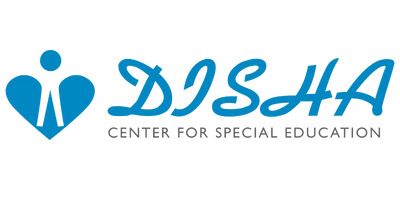
Disha Foundation, located in Jaipur, was established in 1995 to address the lack of proper care and education for children with physical and intellectual challenges. Starting with just 17 students and a small team, Disha rapidly grew with the support of the Khaitan family and the public.
The organization became a registered foundation in 1996 and expanded its reach to over 100 students by 2000. With the support of the Nando Peretti Foundation, Disha built a state-of-the-art, barrier-free building. Over the years, Disha widened its services into a Resource Center, offering specialised education, vocational training, and rehabilitation programs.
It also initiated collaborations with renowned universities and established the Special Olympics Bharat program. Disha Foundation continues to serve people with special needs, guided by its love, understanding, and support mission.
- Type of NGO: Trust(Non-Government)
- Date of Registration: N/A
- Issues Addressed: Education, Vocational Training, Community-based Rehabilitation, Awareness and Advocacy
- FCRA Number: N/A
- Address: Pt. T.N Mishra Marg, Near JDA park, Nirman Nagar-C, Jaipur-302019
- Phone Number: 91-141-4113785, 91-141-2393319
- Website: dishafoundation.org
- Email: disha@dishafoundation.org
7. Gram Chetna Kendra

Gram Chetna Kendra (GCK) is a voluntary, non-governmental organisation established in 1986 and officially registered in 1989. It operates in the Shambar Lake region of Rajasthan, aiming to promote integrated and holistic development for individuals and communities.
GCK recognised the lack of development and social progress in the area, where corruption prevailed within the government system, resulting in a significant divide between the privileged few and the disadvantaged majority. With a group of dedicated professionals under the leadership of Mr Om Prakash Sharma, GCK was formed to empower the marginalised communities through activities such as organising Village Development Committees, Self Help Groups, and Women’s Forums.
The organisation aims to bring about equal opportunities, provide essential resources, and enhance the quality of life for rural populations. GCK focuses on capacity building, offering training, advocacy, and research to gather and disseminate information, services, and awareness for sustainable development.
- Type of NGO: Registered Societies (Non-Government)
- Date of Registration: N/A
- Issues Addressed: Education, Women Empowerment, Skill Development, Training, Sustainable rural development, Awareness, Corruption and Governance
- FCRA Number: N/A
- Address: Post –Khedi Milak, Via-Renewal Distt - Jaipur (Rajasthan) - 303603
- Phone Number: 09829017134
- Website: gck.org.in
- Email: info@gck.org.in
8. RK Sansthan
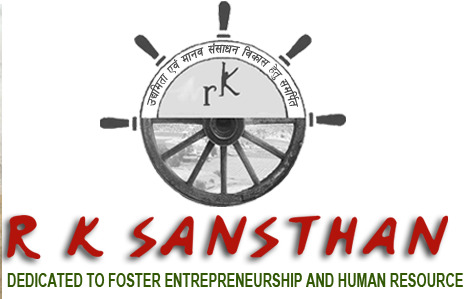
RK Sansthan is an organisation with a clear set of objectives focused on various aspects of social development. The organisation aims to provide training, counselling, and infrastructure for establishing self-employment enterprises and fostering economic empowerment.
They actively work towards spreading and developing technical and non-technical education and establishing educational institutions. RK Sansthan also ventures into information technology, imparting training and organising workshops to promote self-employment opportunities.
They are dedicated to women and child welfare, community awareness, environment conservation, health, and sustainable agriculture. Consumer protection, the preservation of human emotions and values, the development of art and literature, non-traditional energy sources, and related activities also form part of their focus.
- Type of NGO: Registered Societies (Non-Government)
- Date of Registration: 27-07-1982
- Issues Addressed: Entrepreneurship, Water & Sanitation, Cluster Development, Women and child development, Health & Hygiene
- FCRA Number: N/A
- Address: 82/134,Chikitshalaya Marg, Mansarovar Jaipur-302020
- Phone Number: 07462-235341, 9414018114
- Website: rksansthan.org
- Email: rksansthan@gmail.com
9. Bhoruka Charitable Trust
Bhoruka Charitable Trust is a renowned social service institution established in 1962 by Shri P. D. Agarwal. Their organisational approach emphasises efficiency, sustainability, and a people-oriented approach. They prioritise partnerships with stakeholders, empowerment of vulnerable groups, and assistance based on need.
The Trust believes in helping those willing to help themselves and encourages decentralised decision-making. Active community involvement, leadership by committed professionals, and a focus on capacity building are integral to their work.
Bhoruka Charitable Trust aims to empower rural India through improved health, education, and livelihood skills. They aim to create replicable and sustainable models for effective rural development, contributing to the overall betterment of the country.
- Type of NGO: Trust(Non-Government)
- Date of Registration: 23-05-1962
- Issues Addressed: Children, Disaster Management, Education & Literacy, Health & Family Welfare, HIV/AIDS, Housing, Land Resources, Micro Finance (SHGs), Nutrition, Rural Development & Poverty Alleviation, Urban Development & Poverty Alleviation, Vocational Training, Water Resources
- FCRA Number: N/A
- Address: 1, Prabhu Dayal Marg, Near Sanganer Airport, Jaipur-302029, Rajasthan, India.
- Phone Number: +91-141-3924700
- Website: bctngo.org
- Email: bct@bctngo.org
10. Pushp

PUSHP, a Non-Government organisation established on January 31, 2008, has played a significant role in Rajasthan’s education, health, environment, and women empowerment. The organisation focuses on mainstreaming marginalised communities in rural and remote areas, providing self-dependence programs and promoting education through initiatives like “MERI SCHOOL.”
PUSHP implements digital education programs, eco-care clubs, health and AIDS awareness campaigns, and women empowerment initiatives. With the support of the public and guidance from intellectuals, PUSHP is committed to serving the needy and contributing to Rajasthan’s development.
Their vision encompasses justice, truth, culture, mutual help, and eradicating illiteracy. At the same time, their mission includes empowering marginalised individuals, identifying regional needs, and breaking barriers to accessing government and non-governmental programs.
- Type of NGO: Registered Societies (Non-Government)
- Date of Registration: 31-01-2008
- Issues Addressed: Children, Education & Literacy, Environment & Forests, Health & Family Welfare, HIV/AIDS, Information & Communication Technology, Labour & Employment, Micro Finance (SHGs), Minority Issues, Rural Development & Poverty Alleviation, Urban Development & Poverty Alleviation, Vocational Training, Water Resources, Women's Development & Empowerment
- FCRA Number: N/A
- Address: 265/05, Sector - 26, Pratap Nagar, Sanganer, Jaipur - 302033
- Phone Number: 8003001100
- Website: pushp.org/p/pushp-is-non-government-organization
- Email: India.pushp@gmail.com
Ready To Start A Fundraiser?
We believe the world is full of people ready to take action. We built Crowdwave for them. To make it incredibly simple to fundraise.
-

100% Secure payment
-

0 Hidden
costs -

Diverse
causes -

Donations are eligible for tax exemption
